News in Brief
-
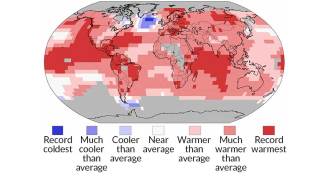 Climate
ClimateIf you thought 2015 was hot, just wait
The record-setting global temperatures seen in 2015 could be the “new normal” as soon as the 2020s.
-
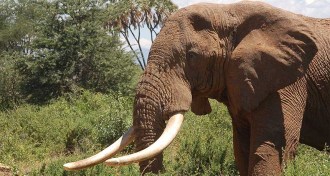 Animals
AnimalsMost illegal ivory is less than three years old
Most of the ivory seized by law enforcement in the last decade doesn’t come from elephants poached many years ago.
-
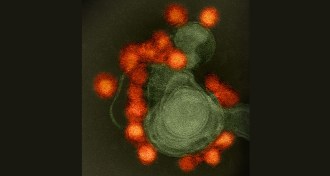 Health & Medicine
Health & MedicineAntibody protects against Zika virus in tests in mice
A new treatment for Zika relies on human antibodies and can help protect pregnant mice from the virus’s damaging effects.
By Meghan Rosen -
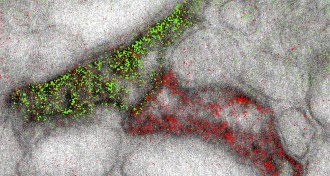 Tech
TechNew technique shows cells’ molecules in color
A new electron microscopy technique reveals cellular details in multicolor
-
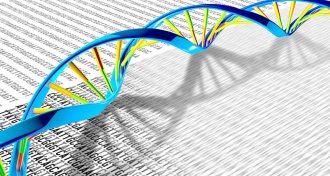 Genetics
GeneticsGenetic variant protects against rash of autoimmune diseases
A natural tweak in the TYK2 protein strikes a balance between weak and overactive immune systems.
-
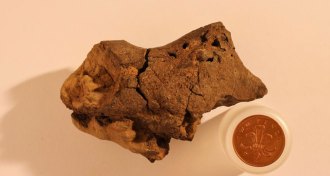 Paleontology
PaleontologyFirst known fossilized dinosaur brain unearthed, scientists claim
A dinosaur fossil that preserves brain tissue has been discovered for the first time, researchers announce.
By Meghan Rosen -
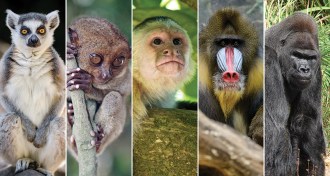 Paleontology
PaleontologyPicture of primate common ancestor coming into focus
A new family tree analysis predicts behavior of primate common ancestor.
By Erin Wayman -
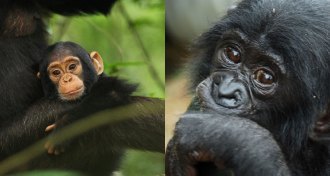 Genetics
GeneticsAncient hookups gave chimps a smidge of bonobo DNA
Genetic evidence suggests bonobos and chimpanzees interbred after becoming separate species.
-
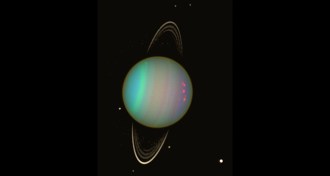 Astronomy
AstronomyUranus moon count: 27 and rising
Two more moons might be lurking around Uranus, causing material in the planet’s rings to clump up, Voyager 2 data suggest.
-
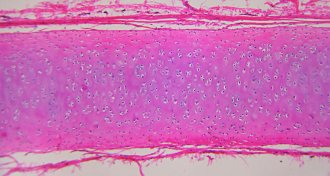 Health & Medicine
Health & MedicineNose cells fix knee cartilage
A small clinical trial suggests that using nose cells to patch knee cartilage could be a viable treatment for injuries.
-
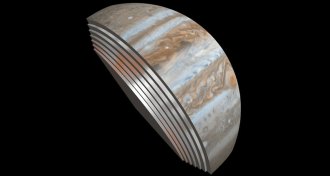 Planetary Science
Planetary ScienceFirst peek under clouds reveals Jupiter’s surprising depths
Jupiter’s colorful bands originate several hundred kilometers beneath the cloud tops, the Juno spacecraft reveals.
-
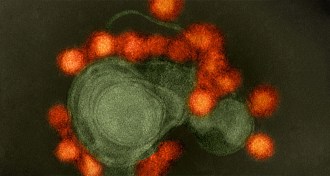 Genetics
GeneticsZika disrupts cellular processes to impair brain development
Discoveries about how Zika virus slows brain cell development could lead to treatments.